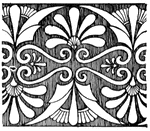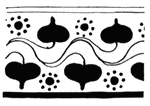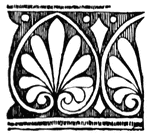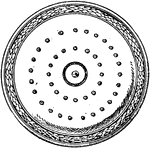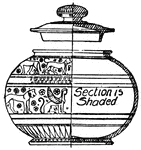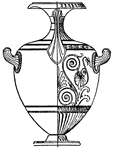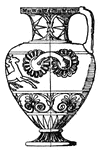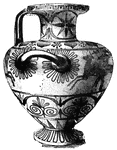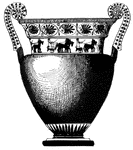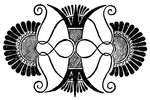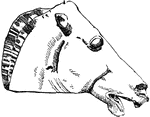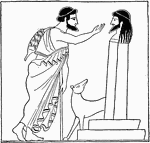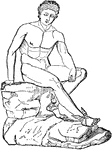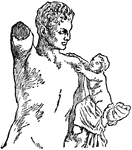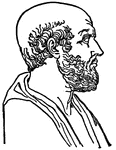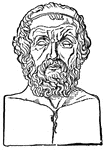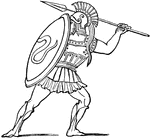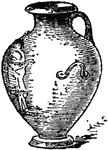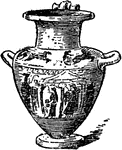
Greek Coin
"In the reign of Philip of Macedon, the coinage of Greece had attained its full development, having…

Greek philosophers
"Greek Philosophy, which reached its highest excellence in Athens in the fourth century before Christ,…
Greek Soldiers in Arms
"From a Greek vase of about the time of the battle of Marathon."—Webster, 1913
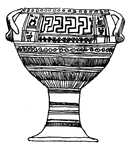
Greek Vase
Geometric style vase, often called "Dipylon style" or "Dipylon vases" because of the number of vases…

Gulf of Santorin
Bird's eye view of the Gulf of Santorin, during the volcanic eruption of February 1866.
Combat Between Achilles and Hector
A depiction of the mythological combat between Achilles and Hector.

Herculaneum
"In the following we have back and front views of the heads of statues from Herculaneum, on which we…
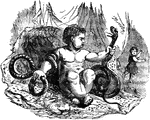
Young Hercules
"Hercules, a Theban prince, was another of the descendants of Pelops. The numerous and extraordinary…

Bust of Herodotus
"The first writer who deserves the name of a historian is Herodotus, hence called the Father of History.…

Profile Bust of Herodotus
Herodotus of Halicarnassus was a Greek historian who lived in the 5th century BC (c. 484 BC–c.…

Bust of Homer
"Of the Homeric poems the Iliad and the Odyssey were the most distinguished and have alone come down…
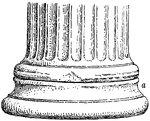
The Base of an Ionic Column at the Erechtheum
The base of the column, torus, displays a concave molding called a scotia. This type of base was not…
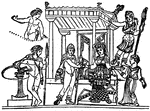
Iphegnia delivers letter to Pylades
"What in this letter is contained, what here, Is written, all I will repeat to thee, That thou mayst…
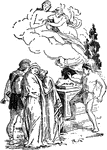
Rescue of Iphigenia
"When she was about to be slain at the altar, Artemis intervened and carried her off in a cloud to be…
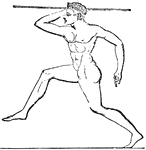
Hurling the javelin
"The Olympic games were of greater efficacy than the Amphictyonic Council in promoting the spirit of…





